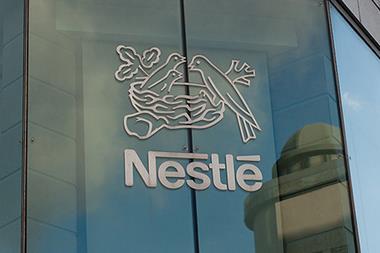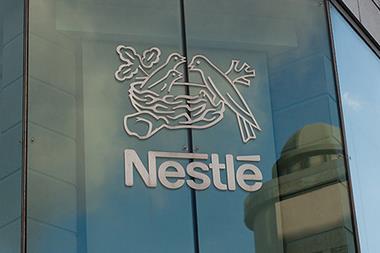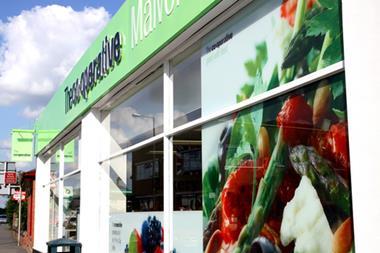The Co-operative Group, Nestle and Sainsbury’s have signed up to a pilot scheme that will explore ways to improve the cradle-to-retail environmental footprint of some of their products.
The initiative, announced today by the Product Sustainability Forum, will see The Co-op examine ways to prevent waste and improve energy consumption, water consumption and GHG emissions across its potato supply chain.
Nestle will work collaboratively with its principal milk supplier in the UK, First Milk, and a group of dairy producers to develop new working methods; while Sainsbury’s will focus on making environmental savings around its meat, fish, and poultry products as well as produce.
These ‘pathfinder’ projects follow PSF research based on data from over 150 published studies, which examined greenhouse gas emissions, product waste, and the water, energy and resources used in the making and transportation of more than 200 products.
Potatoes and bread were identified in the ‘An Initial Assessment of the Environmental Impact of Grocery Products’ report as two of the ‘priority products’ around which environment improvements could be made.
“The main objective of this important research has been to establish which grocery products are likely to contribute the most to environment impacts associated with UK household consumption,” said Dr Liz Goodwin, CEO of WRAP and chair of the Product Sustainability Forum.
“By simplifying the production of their goods, we know that businesses can save themselves billions of pounds while reducing their environmental impact” - Lord de Mauley
“By gaining a better understanding of the products that matter in the context of UK consumption, we can help businesses to prioritise their efforts to improve the environmental performance of their products in areas that will generate the biggest economic and environmental savings.”
Iain Ferguson, environment manager at The Co-op, said: “We are very pleased to be able to bring expertise from across our retail and farming businesses to this project.
“This will allow us to identify areas where we can make environmental savings while still delivering great quality products. The work aligns perfectly with the aims of our Ethical Plan, in which we committed to reducing our greenhouse gas emissions and energy usage, supporting and developing green energy and reducing waste throughout our business.”
Sainsbury’s print and packaging manager Stuart Lendrum added: “We are delighted to be part of this invaluable project. Its overall aim is closely aligned with the targets we have set ourselves in our 20x20 Plan and working in collaboration throughout the supply chain with a shared goal of making a real impact supports the way we work with our dedicated British suppliers.”
Lord de Mauley, Defra resource management minister, said it was ‘great’ to see major household names leading the way to cut out wasteful food practices in the UK.
“By simplifying the production of their goods, we know that businesses can save themselves billions of pounds while reducing their environmental impact. We hope this research will inspire other companies to take action to improve their efficiency.”



















No comments yet